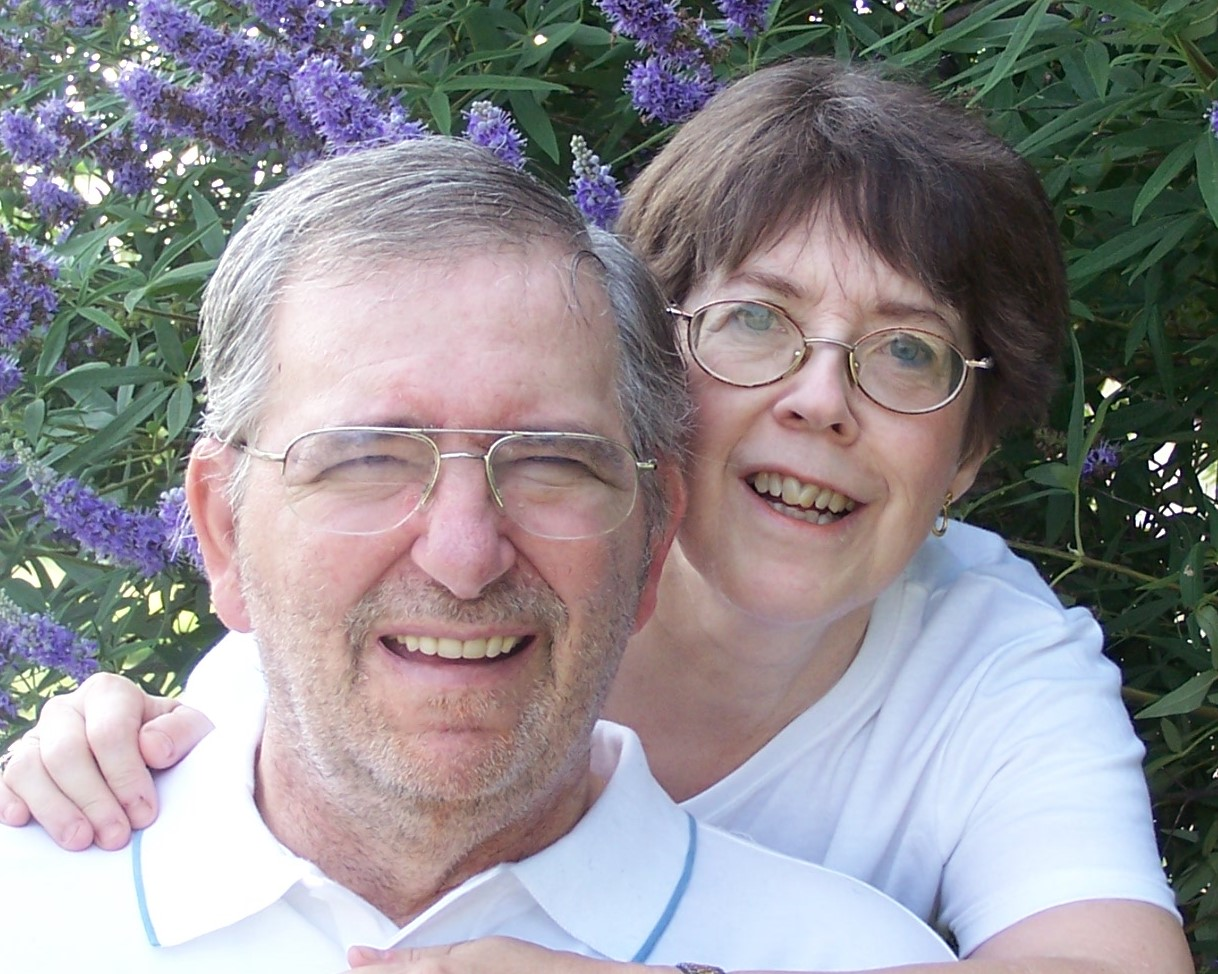The Supreme Gift: A Journey of Love and Legacy
Donating one's body to science after death can be a meaningful way to continue helping others even after death.

In 2005, our lives took an unexpected turn when my husband, Tom, was diagnosed with Progressive Supranuclear Palsy (PSP). We were thrust into a world of uncertainty, but amidst the challenges, Tom's compassionate nature shone through. Little did we know that his decision to donate his body to science after death would become the embodiment of the supreme gift.
At 59 years old, end-of-life plans weren't at the forefront of our minds. But with PSP being a progressive disease without a cure, we faced the reality of making difficult decisions. Tom, always the selfless and caring soul, expressed his desire to contribute to medical education by donating his body to a prestigious institution.
On a crisp January day earlier this year, representatives from the Indiana University Department of Anatomy and Cell Biology arrived to collect Tom's body. Their professionalism and utmost respect put us at ease. I learned that Tom's selfless act would benefit doctors, nurses, dentists, physical therapists, and countless others studying the intricacies of the human anatomy. Through this act, he would indirectly touch the lives of many patients in the future.
Upon the completion of their studies, the remains would be respectfully cremated. The ashes would then be returned to me, allowing me to organize a ceremony at our local cemetery—a gathering to honor the selfless individuals who have bequeathed their bodies to science. I was informed that many of those who had learned from these generous donations would attend, a testament to the impact they made on the medical community.
The pride I feel for Tom's unwavering commitment to helping others, even in death, knows no bounds. His legacy will live on through the countless lives that will be touched by the knowledge gained from his generous gift.
Meet Tom and Rita Brown

Tom and I shared a beautiful journey together. We made the bold decision to retire at the age of 51, embracing the freedom of full-time RV life. By seizing the opportunity to pursue our dreams earlier in life, we were able to embark on remarkable adventures across the United States. From the breathtaking wonders of Niagara Falls to the historic battlegrounds of Gettysburg, we cherished every moment of our travels.
Retiring early proved to be a wise choice, as health issues often hinder one's ability to fulfill lifelong dreams. In 2010, we relocated to Indiana to be closer to family, a decision that proved invaluable when Tom's accident left me with a broken leg. The support of my sister and new neighbors during that challenging time was immeasurable.
Tom's background in finance and my nursing profession formed the perfect partnership. He imparted his wisdom in financial matters, enabling me to care for him until his final breath. It was a profound honor to hold his hand as he peacefully passed away at home. Tom defied the odds, living eight years and eleven months after his PSP diagnosis—exceeding the average life expectancy given for this condition.
"The Supreme Gift: A Journey of Love and Legacy" encapsulates the profound impact of Tom's decision to donate his body to science. His selflessness in life was carried forward even in death, leaving a lasting imprint on the medical community and all those whose lives will be touched by the knowledge gained. May his story inspire others to consider the supreme donation and find solace in knowing that they, too, can make a difference long after they're gone.
Here is a doctors point of view for donating my body to science after death





